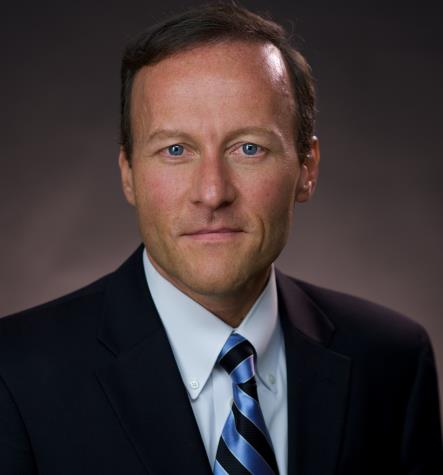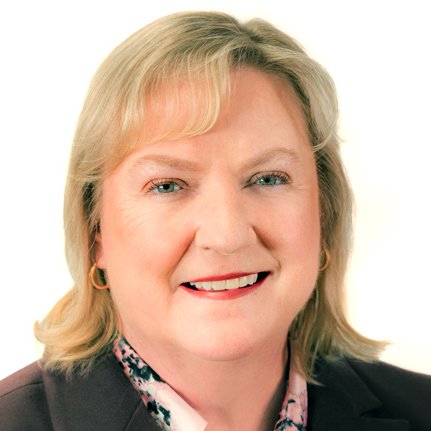
Allegations of sexual abuse and molestation against a care team member can be frightening, unsettling, and disruptive for everyone involved. This may include the resident/patient, family, care team members, and the entire organization. Such allegations of abuse can create the perfect storm, resulting in regulatory issues, criminal actions, and even a civil suit.
According to the Nursing Home Abuse Center, 1.9% of nursing home residents (or their guardians/loved ones) report having experienced sexual abuse, and more than two people in nursing homes are sexually abused every day. In certain instances of abuse, your organization may be found negligent in conjunction with an abuse claim when you do not ensure that a plan for preventing or responding to abuse allegations is in place.
1.9%
of nursing home residents (or their guardians/loved ones) report having experienced sexual abuse
100k
estimated shortage of healthcare workers by 2028
85%
of assisted living facilities reported at least one case of abuse or neglect
Mitigating abuse
One way to protect your organization from abuse allegations is to have open communication and best practices established to prevent abuse. Many times, cases of alleged abuse can arise from misunderstandings or poor communication. Having abuse prevention strategies in place is a significant factor in delivering quality healthcare for all healthcare organizations.
Here are some best practices your organization should consider:
- Define what is considered abuse and have clear boundaries.
- Train for diverse conditions of the populations being served (i.e., dementia, mental illness, substance abuse).
- Develop and maintain a prevention plan and an activation plan.
- Have a zero-tolerance policy included within the staff code of conduct, policy and procedures on patient/resident rights, and complaint/grievance policy.
- Ensure patients/residents and staff know how to voice concerns.
- Seek regular feedback from staff, patients, and residents.
- Secure facilities.
- Implement consistent use of chaperones with mandatory policy and procedures.
- Regularly conduct gap analysis and address any gaps identified.
- Review employee protocols and hiring practices, perform background checks.
Insufficient staff is a common contributing factor for allegations of abuse, so care should be taken to ensure adequate staffing levels are maintained. According to a new report from Mercer, the United States is expected to have a shortage of 100k healthcare workers by 2028, with nursing assistants making up 73k of that shortage. Organizations can strengthen their staff pipeline by expanding their talent search area, building internally through training, and partnering with local universities and trade schools. Improving retention of existing talent with better pay, benefits, flexibility, and career opportunities can help reduce shortages as well.
In addition, poor staffing levels bring excessive workloads and stress to the care team. Some of these factors contribute to aggressive behavior in the workplace, which is becoming of increasing concern in allegations of abuse in healthcare facilities. Implementing or improving policies associated with acceptable behavior and management of various stressful situations shows leadership’s commitment to a safe, healthy workplace and helps reduce allegations.
Once staff is hired, initial and ongoing training is key to mitigating allegations of abuse. Some training topics to consider include identifying abuse/potential abuse, enhancing communication skills, patient/resident rights, conflict resolution, verbal de-escalation, and working with behavioral health, cognitive, or neurodiverse patients/residents.
Managing allegations of abuse
Unfortunately, most healthcare organizations will receive allegations of abuse, so leaders must have a clear plan to identify, investigate, and respond to allegations of abuse. Roughly 85% of assisted living facilities reported at least one case of abuse or neglect, according to the US Department of Health and Human Services. Encouraging a “see something, say something” culture and ensuring all complaints are reported and taken seriously goes a long way in reducing risk. The most important first step should allegations be reported is to protect the victim and prevent any further abuse.
To manage and respond to allegations once the patient/resident is safe, organizations should have a comprehensive activation plan in place. This plan should include:
- Utilizing technology to encourage online event reporting to capture information needed to support early reporting, drive notifications, and monitor trends
- Creating and using an escalation grid
- Building a timeline of the event — document from admission through discharge
- Conducting and documenting the investigation that includes:
One point of contact
A written timeline
Interview of staff and all witnesses
Confidential records
Updates to leadership and Marketing department
- Partnering with law enforcement
- Filing state, federal, licensing, and accreditation mandatory reports
- Conducting a debrief post investigation to look for gaps in the process and identify opportunities for improvement
By implementing a reporting and response plan along with abuse prevention strategies, healthcare facilities can provide for a safe care environment where abuse is a less likely event.
Recovering after allegations of abuse
Insurance implications
As dramatic headlines and nuclear verdicts related to abuse allegations capture attention, the insurance industry must evaluate the resulting impact. Abuse of the legal system further exacerbates this issue, as the current legal environment contributes to large claims.
Some insurance carriers are evaluating policy language, applicable exclusions, sub-limits, etc. Separate attachment points for abuse are also being considered by some insurance carriers to address the severity of these types of claims. Working with an insurer that has expertise in healthcare coverage and offers a variety of limits, deductibles, and self-insured retention options is critical.
In today’s challenging healthcare environment, it is more important than ever that your allied healthcare, senior living, and hospital facilities are protected against a wide array of risks. Munich Re Specialty offers a broad scope of customized solutions, an unparalleled level of healthcare safety and risk management expertise, and a superior level of service to our brokers.
For more on the topic, view the webinar titled “Preventing allegations of abuse - safeguarding your organization and community.”
Munich Re Specialty – North America’s Healthcare Liability solutions
Contact us


This may interest you
Related solutions
Newsletter
properties.trackTitle
properties.trackSubtitle









